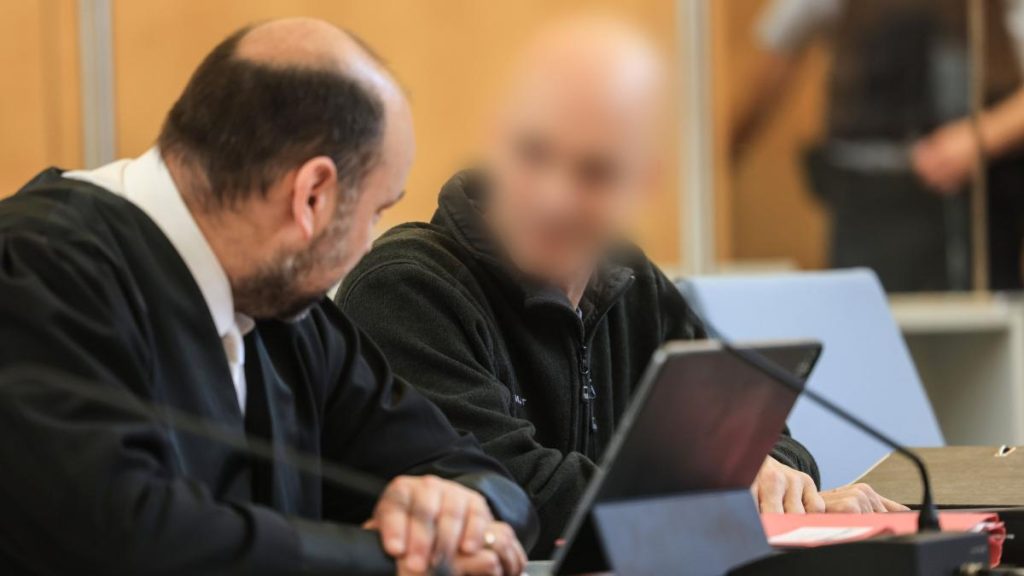The Federal Prosecutor’s Office has demanded three and a half years in prison for a Bundeswehr officer who confessed to spying for Russia. The 54-year-old officer, who had joined the AfD party around the same time, was accused of endangering lives by providing sensitive military information to Russia. He admitted to throwing an envelope containing classified information into the Russian consulate’s mailbox in Bonn and later reaching out to the consulate and embassy via email. The prosecution argued that his actions were aimed at undermining German support for Ukraine and posed a threat to human lives.
During his court appearance, the officer described his actions as the “biggest mistake of his life.” Despite denying the handover of a CD with confidential files, he was photographed throwing the envelope into the consulate’s mailbox and had emphasized the value of the materials he provided in subsequent emails. The prosecution highlighted that his actions constituted a serious case of espionage, especially considering that they were carried out for a country that has been deemed a ruthless aggressor. The officer’s defense of suffering from a burnout syndrome was dismissed, as the prosecution argued that his behavior was planned and deliberate.
The defense lawyer acknowledged the gravity of the officer’s actions, describing them as a betrayal of his years of dedicated military service within a span of four days. The defense argued that the officer’s behavior was naive and a result of being overworked and mentally exhausted. The officer’s increasing exposure to misinformation on social media platforms like Telegram and Tiktok was also highlighted, leading to a warped perception of reality. The defense pleaded for leniency, attributing the officer’s actions to a mental health crisis exacerbated by the fear of nuclear escalation in the conflict between Russia and Ukraine.
In his final statement, the officer expressed regret for his actions, calling the past year a nightmare and acknowledging his immense mistake. He admitted to the impact of chronic overwork and depression on his rational thinking, expressing a desire to erase the events of the past year. The officer had reportedly left the AfD since the incident, and his defense emphasized that he had sought help for his mental health struggles too late. The officer’s arrest by the Federal Criminal Police Office in Koblenz in August led to his detention, and the court is set to announce its verdict on May 27.
The case highlights the serious consequences of espionage and the vulnerability of individuals to misinformation and mental health challenges. The prosecution’s demand for a prison sentence reflects the severity of the officer’s actions and the potential threat posed to national security. As the trial comes to a close, the focus remains on the officer’s motives, mental state, and the broader implications of his betrayal of confidential information to a foreign power. The verdict will be a crucial turning point in determining the accountability and punishment for such acts of espionage within the military ranks.















